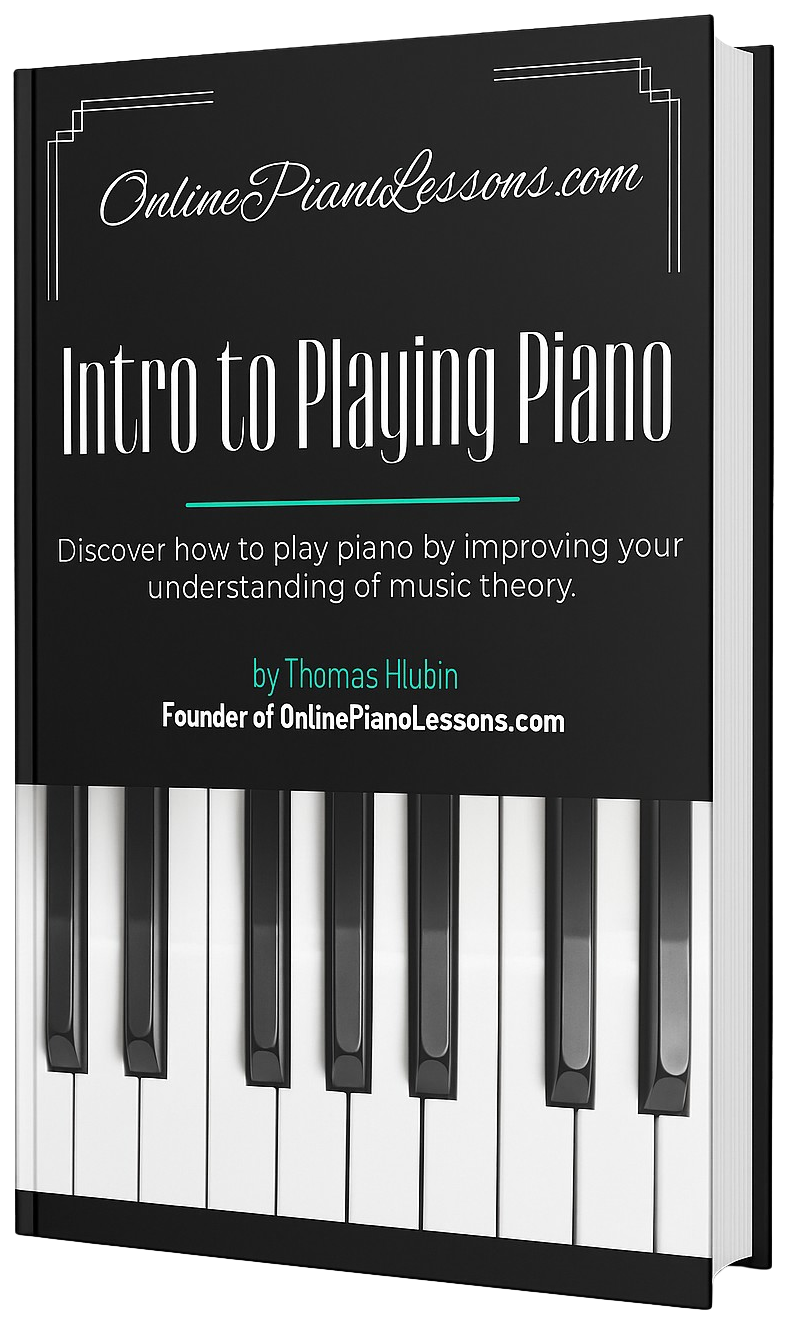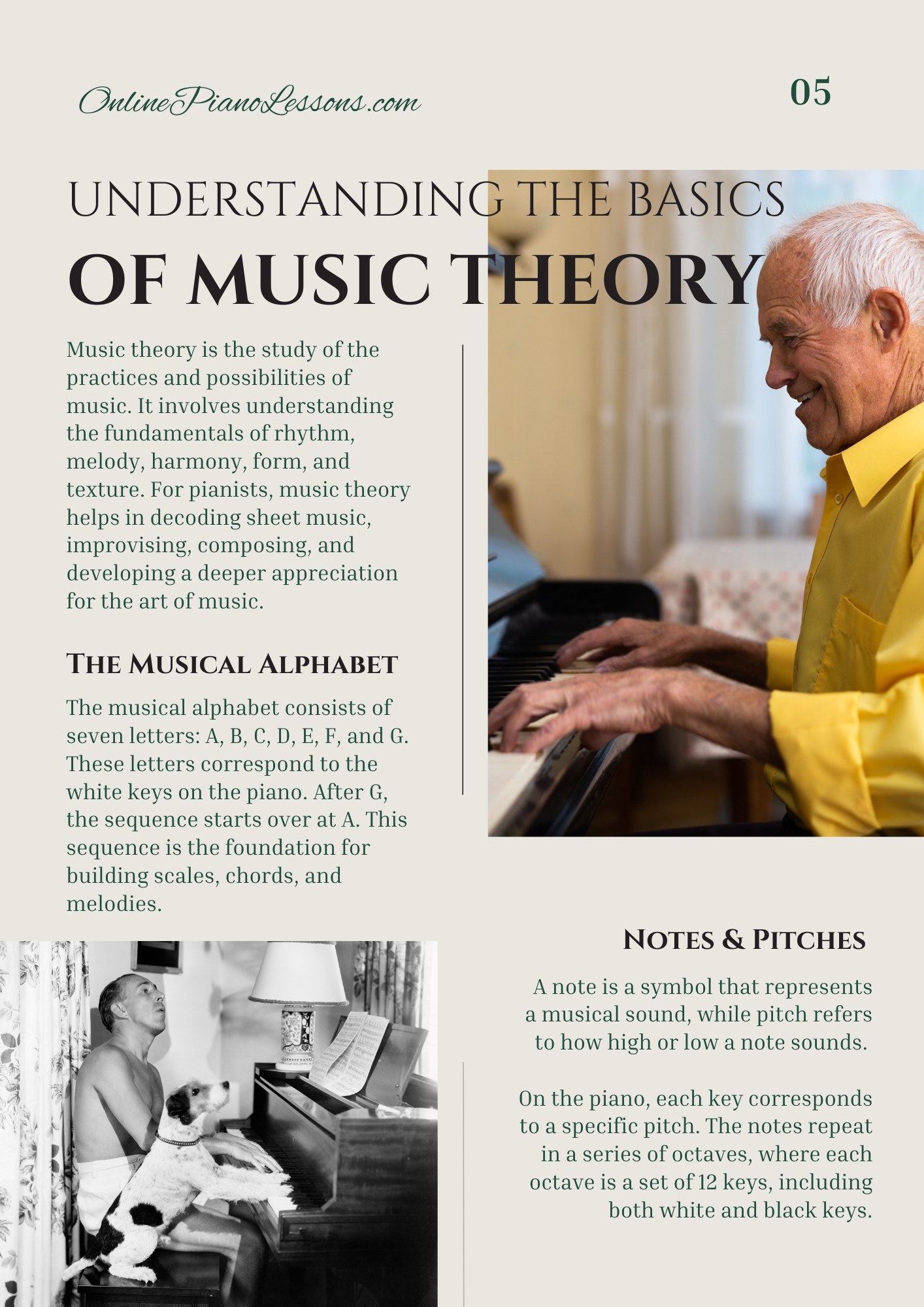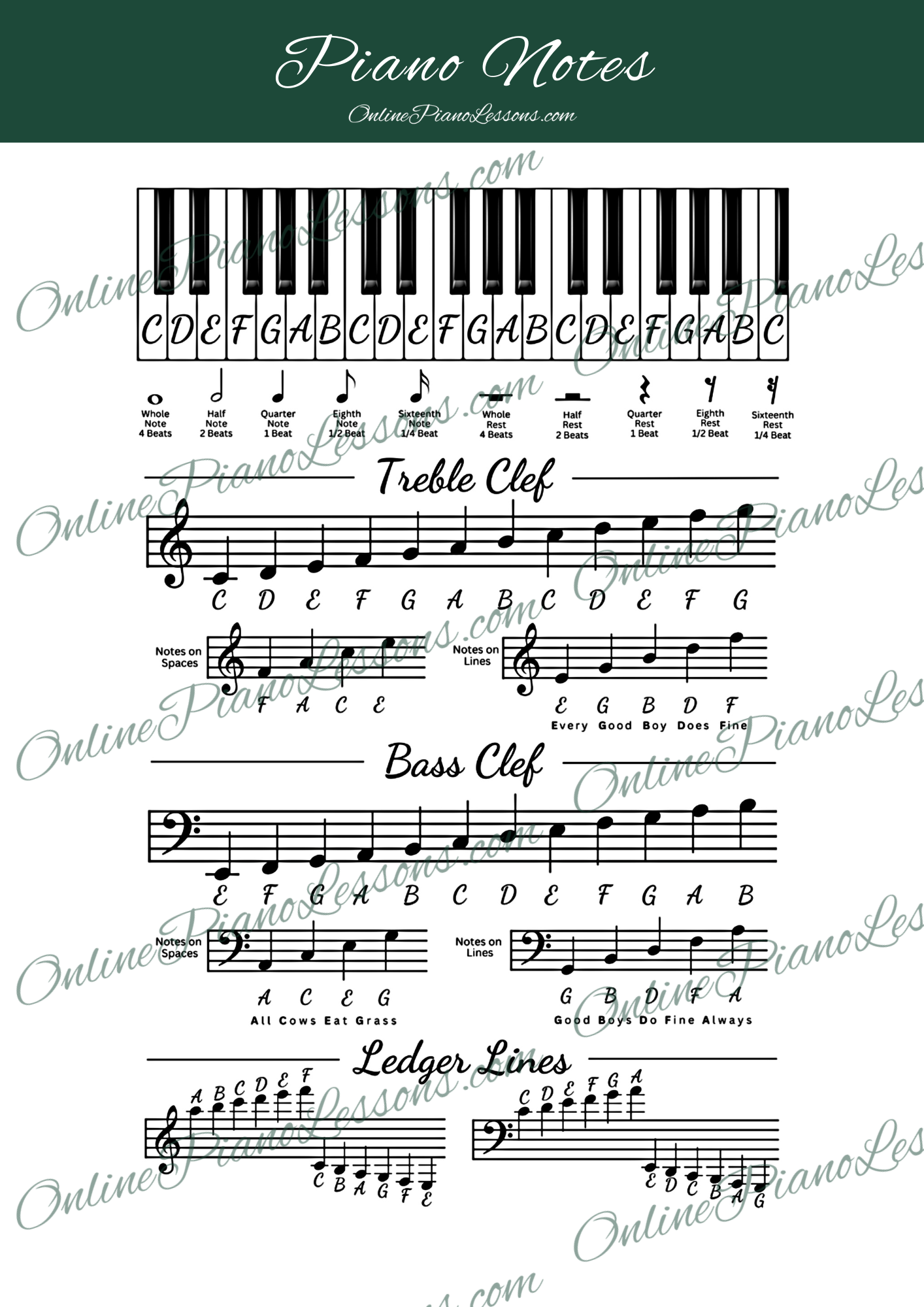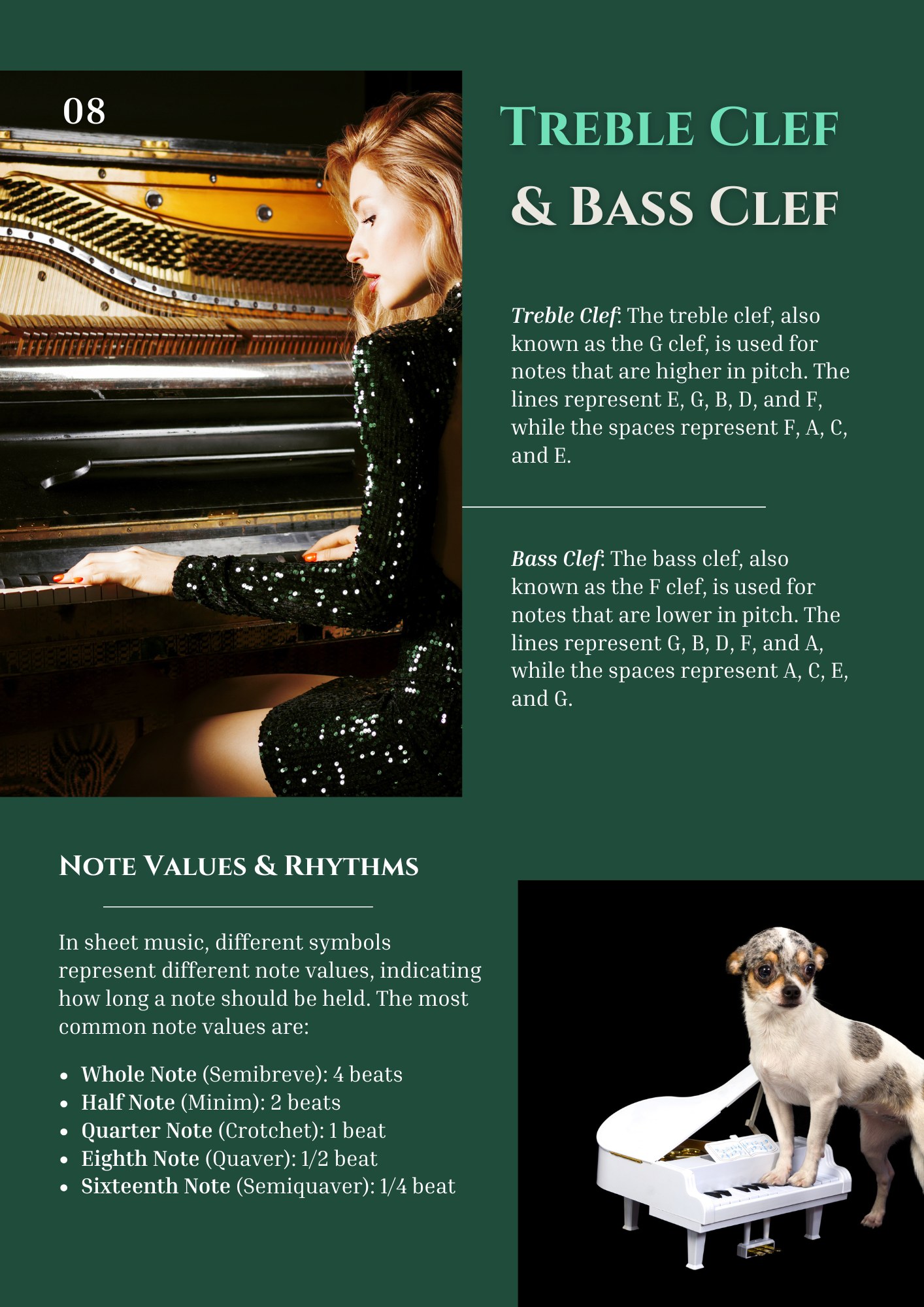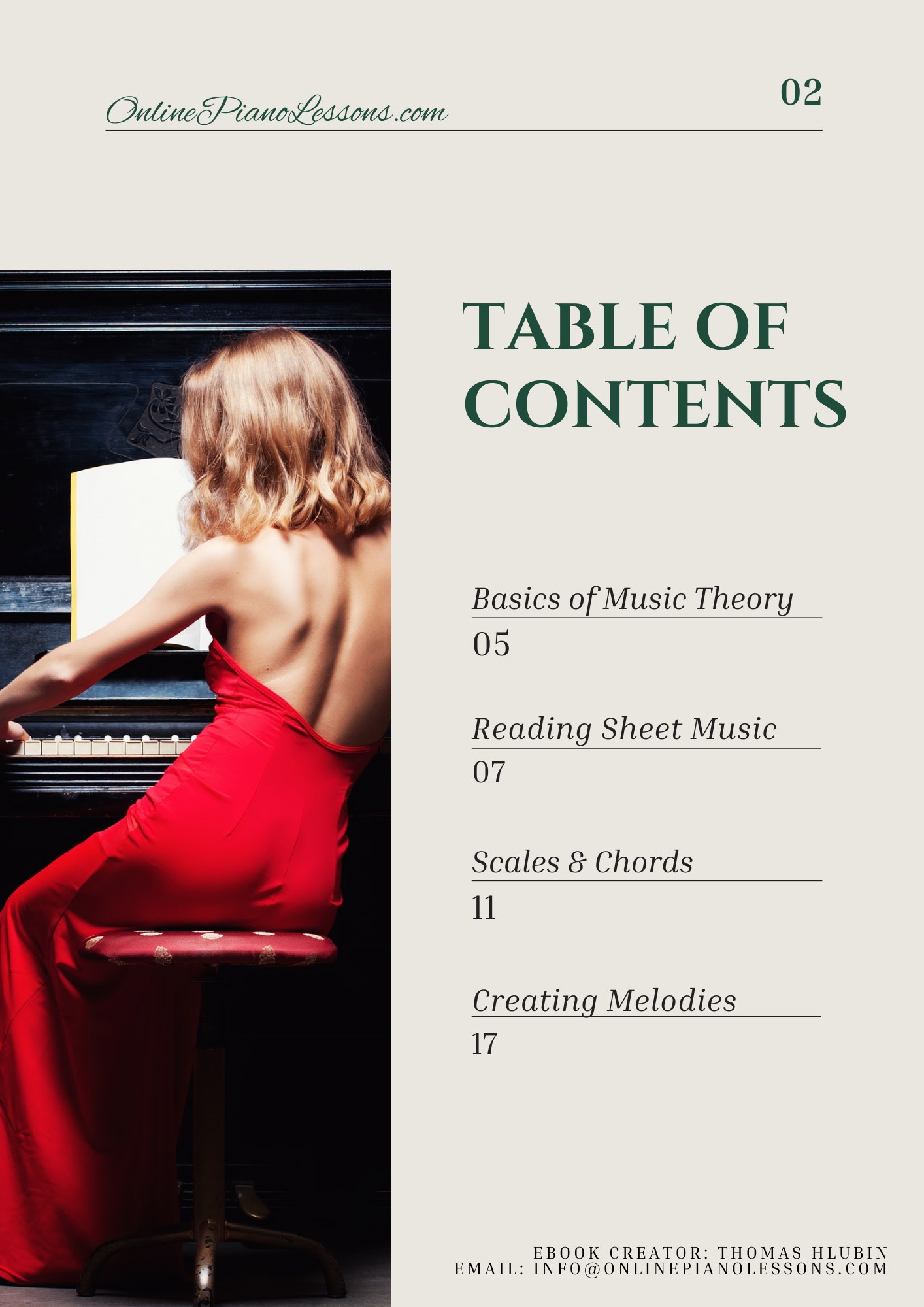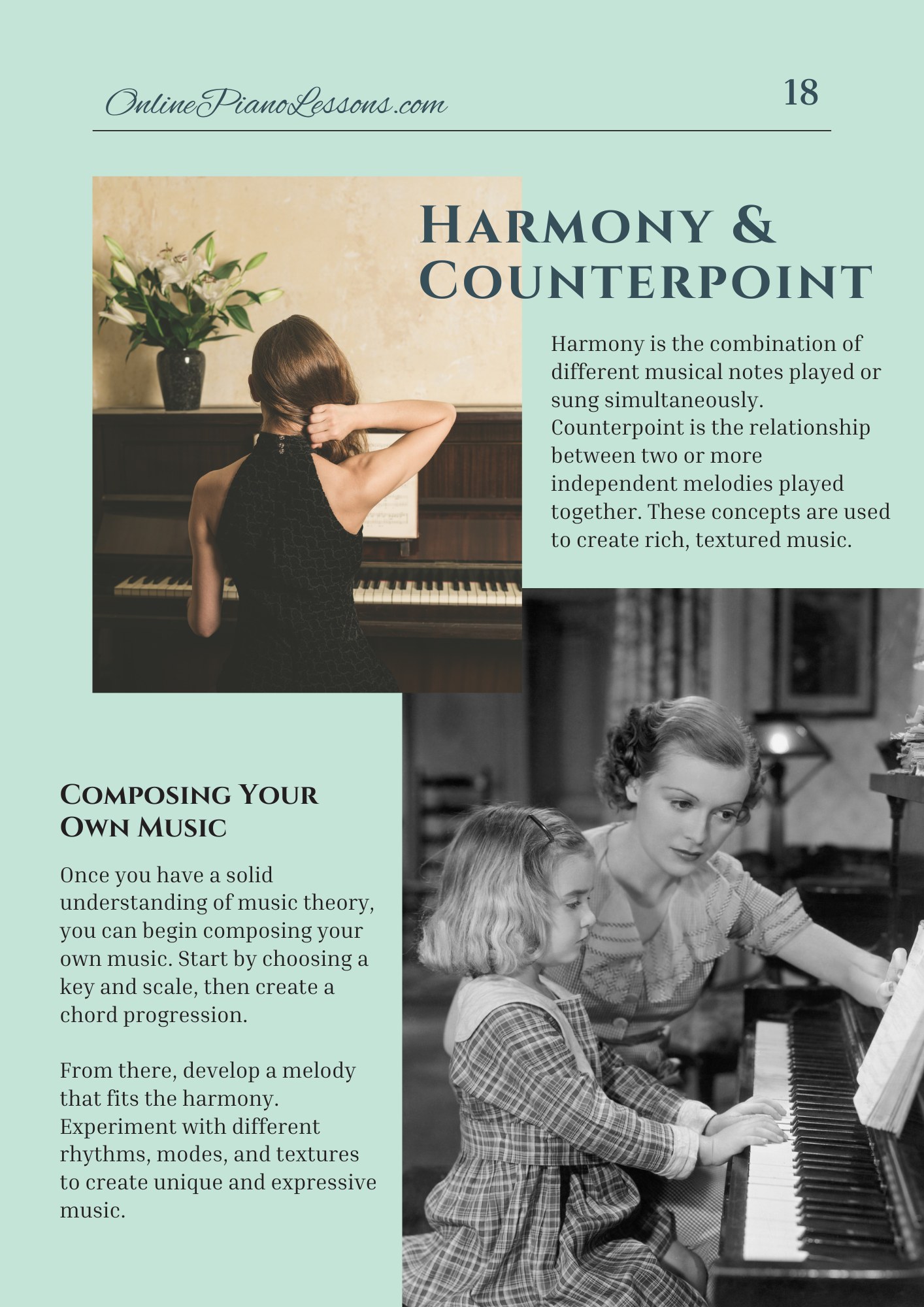Halloween piano music has a special kind of magic—dark, mysterious, playful, and often eerily beautiful. Whether you’re preparing a spooky recital, setting the mood for a Halloween party, teaching students something seasonal, or simply wanting to explore the darker side of music, this definitive guide walks you through the most popular and common Halloween-themed piano songs, why they work so well, and how to play them effectively.
Throughout this guide, the term Halloween piano music appears naturally as we explore classical masterpieces, film scores, TV themes, and beginner-friendly spooky pieces. By the end, you’ll have everything you need to prepare your own playlist, performance set, or teaching plan for October celebrations.
What Makes Music Sound Like Halloween?
Most Halloween piano music uses a combination of musical traits that instantly create a creepy or supernatural atmosphere:
- Minor keys
- Chromatic movement
- Dissonant intervals (especially minor seconds, tritones, and diminished chords)
- Ostinatos (repeated patterns that build tension)
- Unresolved harmonies
These elements appear repeatedly in classical pieces, movie themes, and children’s spooky songs. Even simple melodies sound unsettling when paired with these features, which is why Halloween piano music can be extremely beginner-friendly yet still effective.
Classical Halloween Piano Music
Classical pieces make up some of the most iconic Halloween piano music ever written. Many of these weren’t created specifically for Halloween, but their dark imagery and eerie sound fit the mood perfectly.
1. Toccata and Fugue in D Minor (J.S. Bach)
Often associated with haunted houses and classic horror films, this dramatic piece is a pillar of Halloween piano music. Pianists frequently play transcriptions of the opening section, which uses powerful minor chords, sharp rhythms, and bold arpeggios.
2. Danse Macabre (Camille Saint-Saëns)
This is a masterpiece of spooky storytelling. The piece depicts Death himself summoning skeletons to dance at midnight. Its tritone motif and sinister violin themes translate beautifully into piano arrangements, making it a favorite in Halloween piano music repertoires.
3. Night on Bald Mountain (Modest Mussorgsky)
This intense composition evokes ghosts, witches, and fiery legends. Many simplified piano arrangements exist, giving beginners access to one of the staples of Halloween piano music.
4. Moonlight Sonata – First Movement (Beethoven)
While not inherently spooky, the haunting atmosphere of the first movement makes it popular in Halloween piano music collections. Its slow triplets and minor harmonies create a ghostly, meditative stillness.
5. Funeral March (Chopin)
Somber, heavy, and instantly recognizable, Chopin’s Funeral March often appears in Halloween settings. This piece captures the darker, dramatic side of Halloween piano music.
Film And TV Themes Used As Halloween Piano Music
Many of the most recognizable pieces of Halloween piano music come from movies and shows that define the holiday’s aesthetic. These pieces are especially appealing to beginners because simple arrangements are widely available.
6. The Addams Family Theme
With its quirky rhythms and playful melody, this instantly recognizable tune adds both humor and spookiness to Halloween piano music. Finger snaps optional—but highly recommended.
7. Halloween (Main Theme) – John Carpenter
Perhaps the most iconic theme in modern horror, this repeating minor pattern is simple enough for beginners yet incredibly effective. Its hypnotic ostinato pattern is a staple of modern Halloween piano music.
8. The Nightmare Before Christmas – This Is Halloween
Danny Elfman’s music is delightfully eerie. The waltz-like rhythm and dark harmonies give pianists a fun and mildly spooky piece to add to their Halloween repertoire.
9. The Munsters Theme
This theme is bold, energetic, and jazz-influenced. The driving bassline makes it stand out from other Halloween piano music selections and is a great choice for intermediate players.
10. Harry Potter – Hedwig’s Theme (John Williams)
While not strictly Halloween-themed, its mysterious celesta melody fits Halloween piano music perfectly. Its haunting harmonies and magical atmosphere make it a seasonal favorite.
Beginner-Friendly Halloween Piano Music
Not all spooky music needs to be difficult. Many easy pieces capture the Halloween mood with simple motifs and patterns.
11. In the Hall of the Mountain King (Grieg – Easy Arrangements)
This runaway crescendo is a crowd-pleaser. Beginners can play the sneaky, tiptoe-like melody in simplified forms, making it a perfect entry in beginner Halloween piano music books.
12. The Spider Song
This children’s tune uses a descending minor melody that instantly feels creepy. Great for absolute beginners exploring Halloween piano music for the first time.
13. Creepy Crawlies
A common entry in early-level piano books, this piece uses chromatic lines to mimic spiders and insects. It’s a fun, accessible introduction to Halloween piano music motifs.
14. The Haunted Mouse
This playful tune teaches students how to use staccato articulation to sound mischievous. It’s an excellent Halloween piano music piece for teaching expression.
15. Bats in the Belfry
A classic beginner Halloween piece featuring hopping staccatos and minor harmonies. Students love it, and teachers appreciate its rhythmic value.
Intermediate And Advanced Halloween Piano Music
For pianists wanting more challenge, these selections are perfect additions to a Halloween performance set.
16. Liebesträume No. 3 (Dark Section) – Liszt
This famous romantic piece has a surprisingly ghostly middle section. It works beautifully when included in a dramatic set of Halloween piano music.
17. Rachmaninoff – Prelude in C# Minor
Thunderous chords and somber moods make this one of the most dramatic pieces in Halloween piano music. Its intensity alone can send chills down a listener’s spine.
18. Scriabin – Etude in C# Minor
Scriabin’s harmonies often sound mystical and dissonant—perfect for Halloween. This etude is virtuosic, eerie, and mesmerizing.
19. Liszt – Totentanz (Piano Reduction)
Based on the Dies Irae (“Day of Wrath”) chant, this work is the definition of macabre. A thrilling but difficult choice for advanced performers looking to add gravitas to their Halloween piano music lineup.
20. Debussy – La Cathédrale Engloutie
Mysterious, foggy chords evoke an underwater cathedral rising from the depths. While not spooky in the horror sense, its mystical aura fits beautifully within Halloween piano music playlists.
Creating Your Own Halloween Piano Music
You don’t need existing songs to sound spooky—Halloween piano music is easy to create using these tips:
Use The Minor Key
Start with A minor or E minor and build simple melodies around the natural minor scale.
Add Chromatic Notes
Sneak in half-step movement for instant tension.
Try Dissonant Intervals
- Minor seconds
- Tritones
- Diminished chords
These are the backbone of most Halloween piano music.
Use Repeating Patterns
A simple left-hand ostinato can make anything sound eerie.
Avoid Full Resolution
End phrases on ii°, v, or iv to keep things haunting instead of resolved.
FAQ
What makes a piece good for Halloween?
Minor keys, spooky intervals, and eerie rhythms all help. Anything that sounds mysterious or dark works well as Halloween piano music.
Can beginners play Halloween piano music?
Absolutely. Many Halloween songs use simple patterns or repetitive motifs perfect for beginners.
Do I need full sheet music to learn these songs?
No. Many Halloween piano music selections can be learned by ear or through simplified arrangements.
Is film music appropriate for Halloween performances?
Yes! Movie themes are among the most popular forms of Halloween piano music.
Can I compose my own spooky piece?
Definitely—use minor scales, chromatic movement, and steady left-hand patterns to create original Halloween piano music.
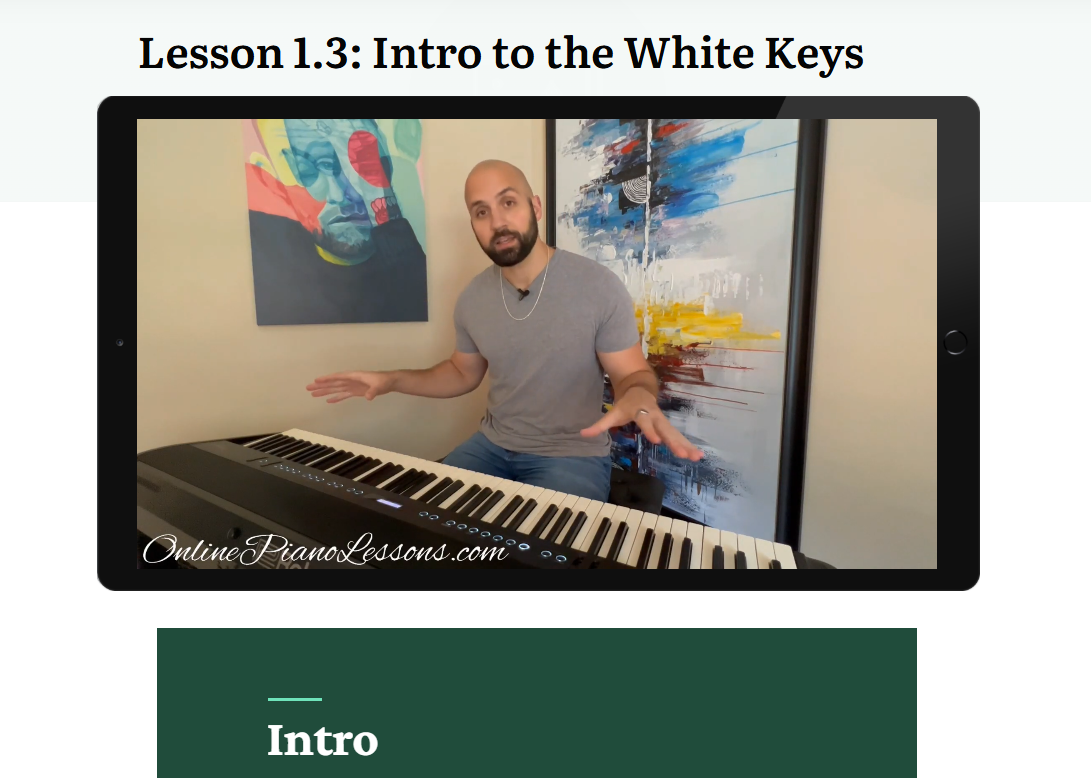




 Hi, I'm Thomas, Pianist Composer,
Hi, I'm Thomas, Pianist Composer,  I love playing piano, creating new melodies and songs, and further developing my online piano course and making updates/additions to my site OnlinePianoLessons.com!
I love playing piano, creating new melodies and songs, and further developing my online piano course and making updates/additions to my site OnlinePianoLessons.com!  Now that is what I call fun!
Now that is what I call fun!